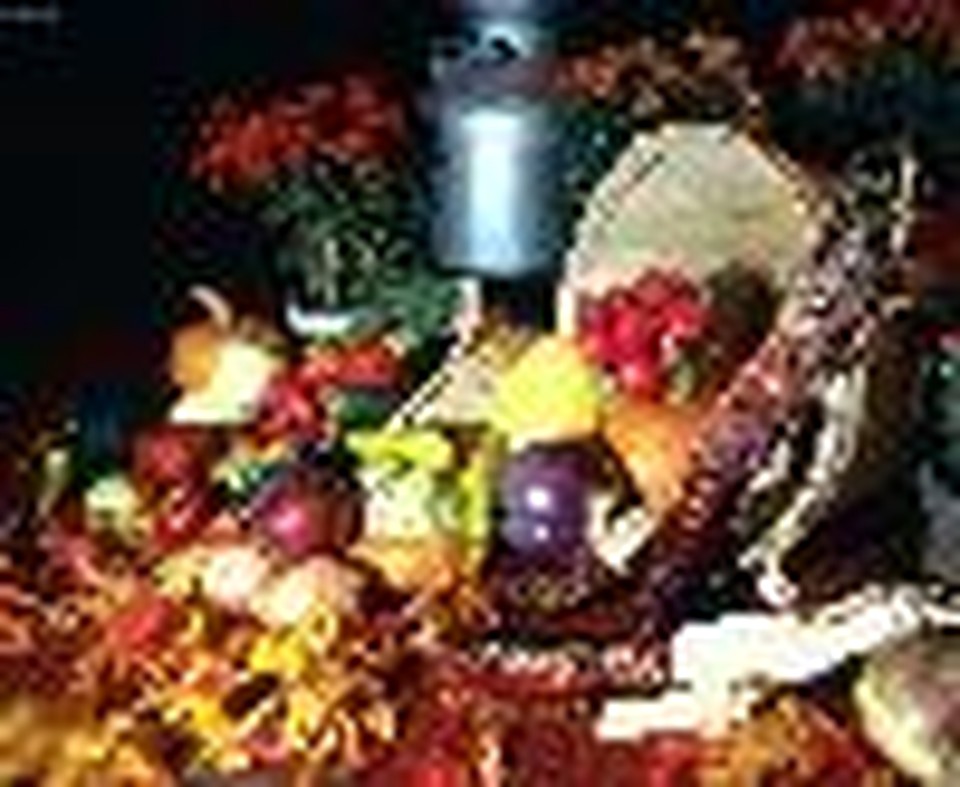Secrets to Fasting and Prayer

Diets... don’t you just hate them? Strangely, some diets — such as spiritual fasting — turn out to be more beneficial to our souls than our bodies, which might be one of the reasons they are so hard to follow.
A spiritual fast is undertaken to lose something of this world and gain something in the next. It has nothing to do with losing any weight except the weight on your soul.
Fasting is hard. But God honors the person who denies her own bodily desires for a time and devotes herself to prayer and fasting. It is clear from Scriptures that God expects us to fast. Jesus said, “When you fast…” not “If you fast…” He also gave instructions how to conduct your private times of prayer and fasting (Matthew 6:5-18).
Before you fast, you should check with your doctor. During the fast, you should drink plenty of water, refrain from sexual relations, keep your fast private, and get rest. Set a length of time to fast as the Lord directs. It’s best to start with a short fast — perhaps one day — and work up to longer fasts over time.
What drives a person to choose a life of prayer and fasting? And what do you need to know? Let’s look at a few of the famous spiritual diets — or fasts — in the Bible:
Adam and Eve Fast (Genesis 2)
Perfect world, perfect man, perfect woman, perfect communication with God — everything was perfect — yet they were put on a diet! As a test of their obedience and love for God, they were told to refrain from eating the fruit of one tree. They didn’t.
An Adam and Eve Fast is giving up one craved item of food — perhaps chocolate — out of a desire for closer communion with God.
Manna Fast (Exodus 16)
In the wilderness, the Israelites were sent manna (literally translated: “What is it?”) or a bread from heaven that is described as tasting like honey flavored with coriander, sort of like vanilla wafers. The Lord was testing to see if the Israelites would follow His instructions — an important lesson to learn if they planned to conquer the Promised Land. The Israelites griped a lot about the manna. It seems they had a taste for something meaty with garlic and onions (Numbers 11:5).
A Manna Fast is giving up all foods except one — perhaps brown rice — to break with your past and hear His direction for your future.
Kosher Fast (Leviticus 11)
There are many regulations associated with a kosher diet, much of which has to do with clean and unclean animals, food combinations, and how animals are slaughtered. God said He proscribed the kosher diet to set the Jews apart “to be holy because I am holy” (vs. 44).
A Kosher Fast is one way to demonstrate that an individual is set apart and belongs to God.
Daniel Fast (Daniel 1)
When Daniel and his three friends were taken as captives to Babylon, they chose a vegetarian diet rather than to eat unclean meats. God gave all four of these young men knowledge and understanding. Daniel, however, was gifted with the ability to understand visions and dreams.
A Daniel Fast is for those who crave skill and wisdom.
Total Fast (Matthew 4:2)
Before embarking on His ministry, Jesus went without food for forty days and forty nights. The Bible specifies that His fast was day and night to differentiate between those in Middle Eastern culture who fast during the day but feast at night.
A Total Fast is one way to seek God’s face.
There are other fasts mentioned in the Bible — such as refraining from sweet breads, etc. You are encouraged to see for yourself what the Bible says about fasting.
Rebekah Montgomery is the editor of Right to the Heart of Women e-zine, a publisher at Jubilant Press, and the author of numerous books on spiritual growth. She can be contacted for comments or speaking engagements at rebekahmontgomery.com.
Sign up for the Right to the Heart of Women EZine.
Originally published November 01, 2006.




